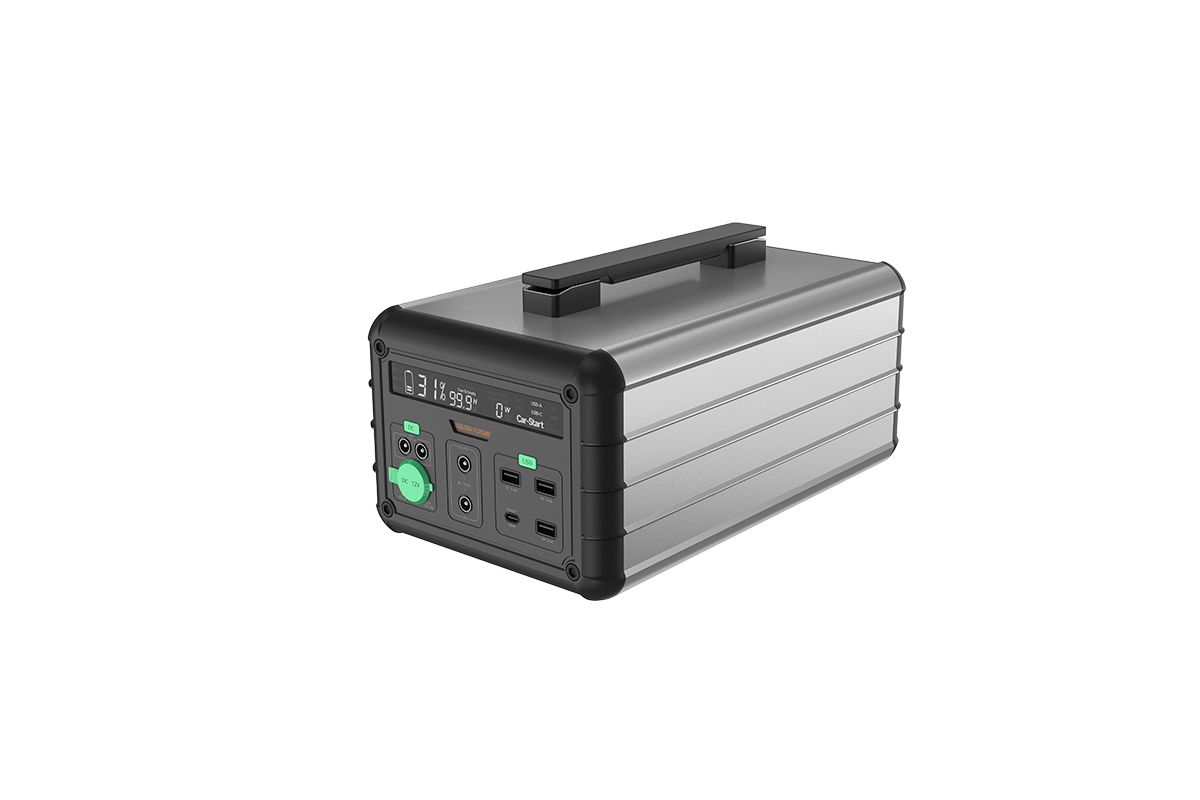

Time:2025-10-22 Views:1

In the rapidly evolving landscape of renewable energy, wind energy has emerged as a dominant force, and the integration of nickel - metal - hydride (Ni - MH) energy storage batteries has significantly enhanced its reliability and efficiency. Wind energy generation is inherently intermittent, as wind speeds fluctuate unpredictably. Nickel - metal - hydride energy storage batteries play a crucial role in addressing this challenge by storing excess energy generated during peak wind conditions and releasing it when wind speeds are low or demand is high.
Ni - MH batteries possess several key characteristics that make them well - suited for wind energy storage. Firstly, they offer a high energy density, allowing for a substantial amount of electrical energy to be stored in a relatively compact and lightweight package. This is particularly important for wind farms, where space may be limited, and the need to maximize energy storage capacity without adding excessive weight or volume is essential. Secondly, these batteries have a long cycle life, which means they can withstand thousands of charge - discharge cycles without significant degradation in performance. This durability ensures that they can provide reliable energy storage over the long - term operation of a wind energy generation system, reducing the need for frequent battery replacements and minimizing maintenance costs.
Another advantage of Ni - MH batteries in wind energy applications is their environmental friendliness. Unlike some other battery chemistries, Ni - MH batteries do not contain toxic heavy metals such as cadmium, making them a more sustainable choice. They are also highly recyclable, further reducing their environmental impact. In addition, Ni - MH batteries have good charge - discharge efficiency, which means that a large proportion of the energy stored in the battery can be effectively utilized, minimizing energy losses during the storage and retrieval process.
The integration of Ni - MH energy storage batteries into wind energy generation systems also enables better grid integration. By smoothing out the intermittent power output of wind turbines, these batteries help to stabilize the electrical grid, reducing voltage fluctuations and improving the overall quality of the electricity supplied. This is crucial for ensuring the reliable operation of the grid and for facilitating the large - scale adoption of wind energy as a mainstream source of electricity. Overall, nickel - metal - hydride energy storage batteries are a vital component in the advancement of wind energy generation, enhancing its reliability, efficiency, and environmental sustainability.
Read recommendations:
home energy storage battery distributors
Customer Demands for Nickel-Cadmium Energy Storage Batteries